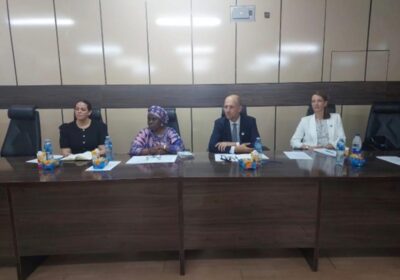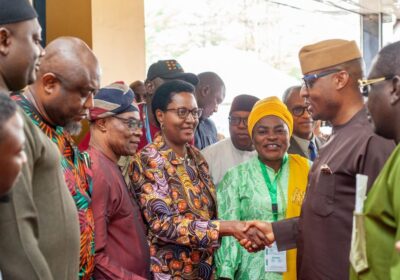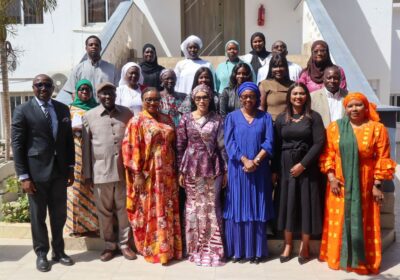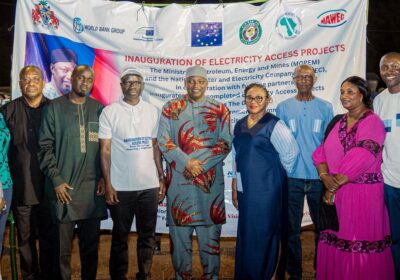FOOD SECURITY: GROUP HOLDS FAIR FOOD PRICES FORUM IN NIGERIA.
By Raymond Enoch
Recently food prices has skyrocketed beyond the reach of the consuming population, causing hunger and poverty around countries in Africa.
In Nigeria the hike in food prices and other consumables including increase cost of transportation has continued to generate discussions and call of government to take urgent measures in order to save the situation.
In a bid to get authorities and policy makers to take actions to stem the high prices of food, Consumer International UK in collaboration with Federal Competition and Consumer Protection Council (FCCPC) held a High Level Multi Stakeholders forum 18th July, 2023 at Providence Hotel Ikeja Lagos, Nigeria to build a common understanding on unfair food prices, advance issues of consumer protection and identify reasons why the space between supply and demand is not working to guarantee fair prices of goods and services.
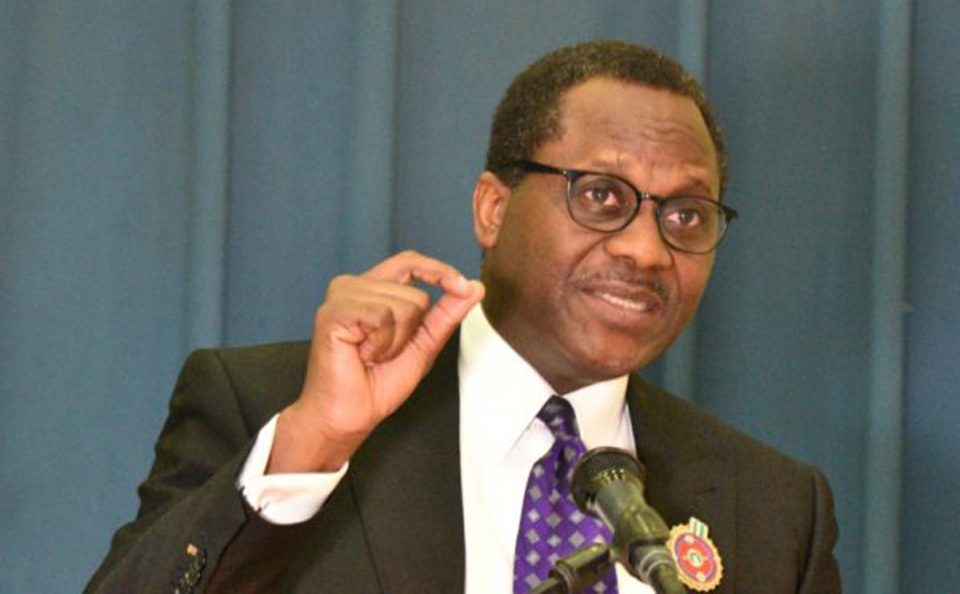
Speaking at the event, The Executive Vice Chairman Federal Competition and Consumer Protection Council (FCCPC), Mr. Babatunde Irukera said that the Council is worried about the soaring food prices in Nigeria and is therefore poised to take decisive steps to stem the tide.
He explained that hosting of the fair food prices Multi Stakeholders Forum is a demonstration of one of those actions that the Council is beginning to take in order to underpin urgent and immediate actions that would be taken, more so as this is coming following the recent declaration of the State of Emergency on Food Security by the Federal Government of Nigeria.
According to Mr Babatunde, “Federal Competition and Consumer Protection Council is not only saddled with the responsibility to regulate the big companies, it is not only to regulate the formal sector, it is to also regulate the informal sector”
“In a place like Nigeria, it is even more critical to find a strategy to regulate the informal sector, because the vast majority of our economy is the informal sector” he added
He assured that the FCCPC would go after the profiteers, cartels and those who engage in sharp practices that undermine government effort and makes consumers vulnerable due to this horrific activities.
In her opening remarks at the forum, The Fair Food Prices Specialist Africa at the Consumer International UK, Davine Minayo revealed that the project is implemented in Ghana, Nigeria and Kenya and that the project is designed to respond to high global food prices especially in Africa.
She said that the Forum being hosted in Nigeria which brought together government, civil society and critical stakeholders is to share evidence and expertise on the issue of unfair food prices, discuss policy and enforcement actions required from authorities against unfair food prices caused by anti-competitive practices
The project according to Davine Minayo is also expected “to support some selected African countries to take measures to protect consumers from unfair anti-competitive market prices”.
The Lead food system of Consumer International UK, Mr. Charlie Worthington in a message to the Forum said that global food prices have been decreasing since March 2022, yet African consumers are still facing extreme price rises, with more than 25 million Nigerians at high risk of food insecurity. Food producers are also struggling as they are not benefitting from the high consumer prices.
According to Mr Charlie, “The problem is a lack of competition in the marketplace, a small number of actors are profiting, while the majority struggle with unfair food prices” he added.
To address the issue Mr Charlie said that “Nigeria needs a strong and well-resourced competition authority to prevent anti-competitive practices, as well as stronger data and evidence, and a greater voice for key stakeholders, especially consumers and producers.”
The Communique presented at the end of the one day meeting, the participants called on the government and relevant stakeholders to immediately tackle the prevalent high food prices in the country, address amorphous cartel system established by market and traders associations in Agricultural producers value chains, improve legal instruments that would sanction erring traders and market associations and groups as well as work with the media and civil society groups to create awareness on food prices and productivity.
The one-day meeting had participants from the Food Research Institutions, Federal Government Ministries Departments and Agencies, Civil Society and the Media.





